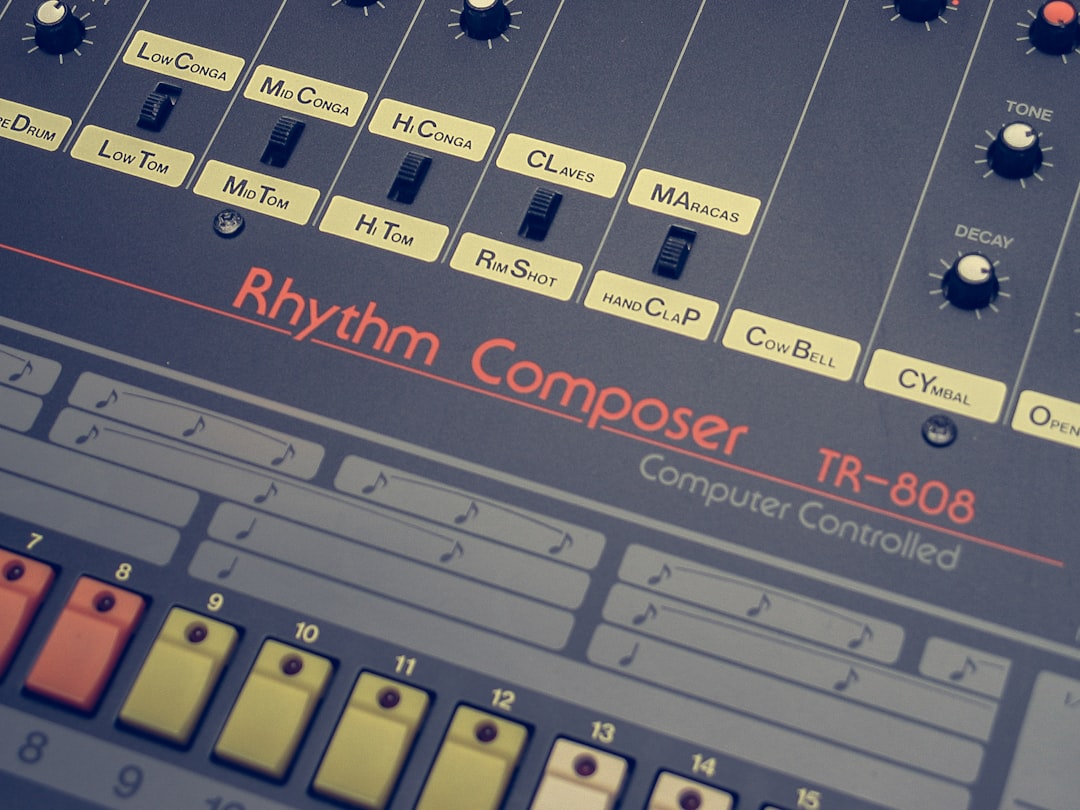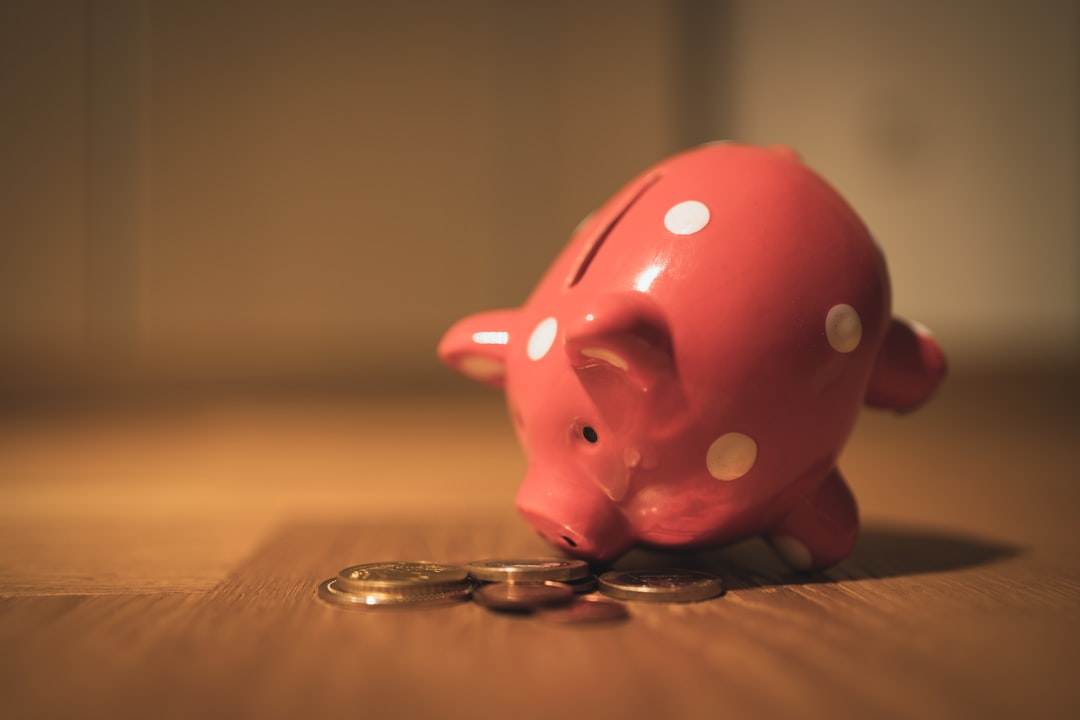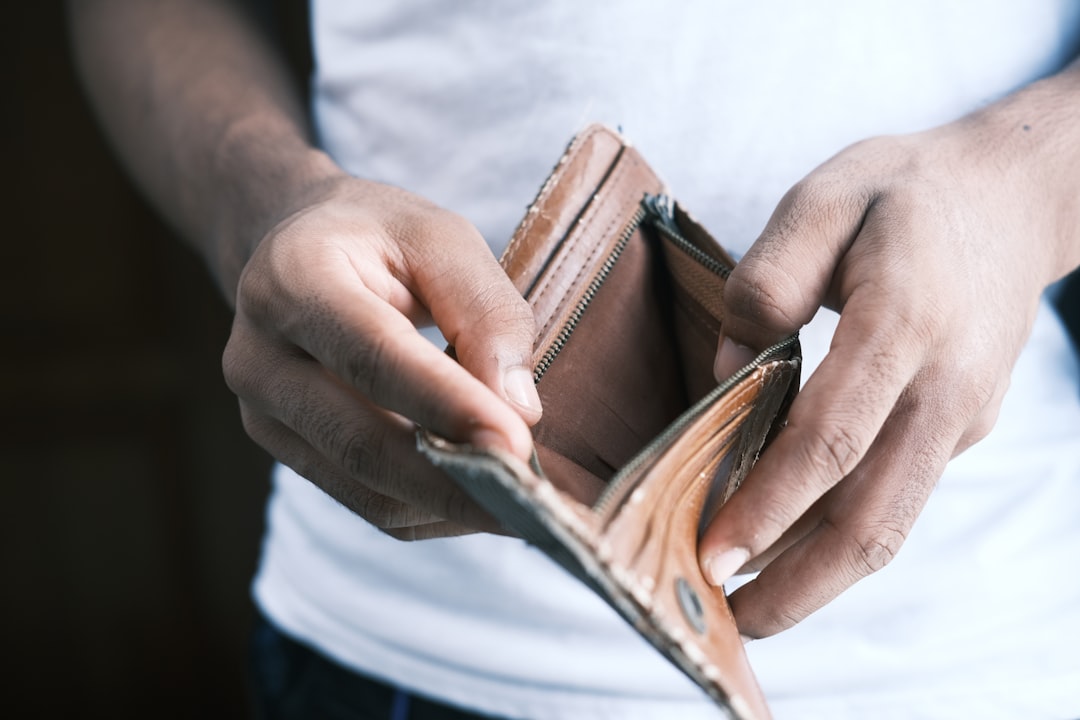The Myth Of Music Plagiarism
plus The "Real" Price of Vinyl, UMG's Big Borrow and An Honest Royalty Rate for Four Tet

Music has never not been a litigious business. But in a recent episode of the excellent 60 Songs that Explain the 90s Podcast about The Verve’s 1997 classic “Bitter Sweet Symphony,” host Rob Havella reminded us just how cruel the barristers can be. And just how complicated it can be attributing credit to creative works.
For those not familiar with the story, the song contained a sample of an orchestral cover of the Rolling Stones 1965 classic “The Last Time,” which itself was a remake of the gospel standard, “This May Be The Last Time,” as performed by the Staples Singers in 1955. Because the source material of the tune was a pre-copyright melody of unknown origin, lyric writers Pop Staples and Jagger/Richards were both happy to claim full songwriting credit. A courtesy that was not granted to The Verve songwriter Richard Ashcroft, who was forced to surrender 100% of the publishing to Jagger/Richards, despite the fact that neither Mick, nor Keef, ever hummed the 4-bar melody that Ashcroft lifted for the “Bitter Sweet Symphony.” Meanwhile, the composer who literally wrote the line, David Whitaker, didn’t receive a cent.
25 years later, and little has changed. When Beyoncé dropped her new house music-influenced banger, “Break My Soul,” this week, the songwriting credits included Allen George and Fred McFarlane, the two songwriters who penned the 1990 Robyn S jam “Show Me Love." But as former Cadence guest Blake Robin broke down on TikTok, while “Break My Soul” does utilize the same synth preset as “Show Me Love’s” immediately recognizable bassline, Beyoncé’s songwriting team did not replicate the melody in any way.
But where things really starts to resemble The Verve fiasco is the fact that the bass line in question wasn’t even composed by George and McFarlane. It was, in fact, created for the song’s 1992 remix by Swedish producer StoneBridge, who, as is standard practice, did not receive a writing credit. Sound familiar?
Such has been the state of the post-“Blurred Lines” songwriting business. But in the seven years since a jury found Pharrell and Robin Thicke libel to the tune of $7.2M for taking sonic cues from Marvin Gaye’s “Got To Give It Up,” the nature of creativity has slowly been healing.
On Wednesday, a victorious Ed Sheeran struck a final fatality move against the two song writers who alleged he plagerized his 2017 megahit “Shape Of You.” The platiffs, who lost the case earlier this year, have now been ordered by a UK judge to pay Sheeran’s $1.1M legal fees.
Moving forward, this counter-punch by defendants accused of stealing songs undoubtedly has the potential to cool the the rash of plagiarism suits that have cropped up since “Blurred Lines.” It could also go a long way in easing the preemptive crediting of songwriters that has become common practice in the industry.
TAKEAWAYS
Salient statements from this week’s music news.
1. Four Tet Wins Streaming Royalties Battle With Domino - Could It Now Set a Legal Precedent?
In other courtroom drama, Domino Records has agreed to treat the streaming of Four Tet’s first three albums — recorded before streaming was a thing — as a license with a 50% royalty, as opposed to the industry-standard 18% royalty rate for album “sales” that has been a boon to the bottom line of labels for the past decade.
Takeaway: The public acknowledgement from a large record label on treating streaming income as a licence rather than sale could establish a commercial precedent, which would then inevitably be used in arguments for separate legal disputes that centre on streaming royalties.

2. Universal Music Group to Sell $1.05 Billion of Notes
Following a positive credit rating from Moodys, the world’s largest label is taking on significant debt.
Takeaway: Like an equity security – common stock – a debt security allows a company to raise money through public markets. But unlike equity, debt does not give the shareholder ownership of a company.

3. A Report Led People to Believe Streaming Subscriptions Are ‘Shrinking’ in the UK. That Idea Doesn’t Smells Quite Right
Last week we mentioned a report that “1M brits canceled their music subscriptions” in Q1 of 2022. New numbers from Spotify tell a different story.
Takeaway: If more new people are becoming subscribers each month than are leaving services like Spotify, then the overall number of subs keeps on ticking up. And therefore the amount of money sloshing back into the music business also keeps rising.

4. Vinyl Prices Might Seem High Today, But They Were Worse in 1978
Music was a MUCH more expensive hobby 44 years ago.
Takeaway: In 1978, vinyl records were more expensive than any other time since the RIAA began tracking sales in 1973. That year, the average retail sale price of a vinyl EP/LP was $7.32 – equal to $30.18 in today’s dollars when adjusted for inflation. That was the second-highest vinyl sales year in U.S. history at 341.3 million units, behind 1977’s tally of 344 million.




